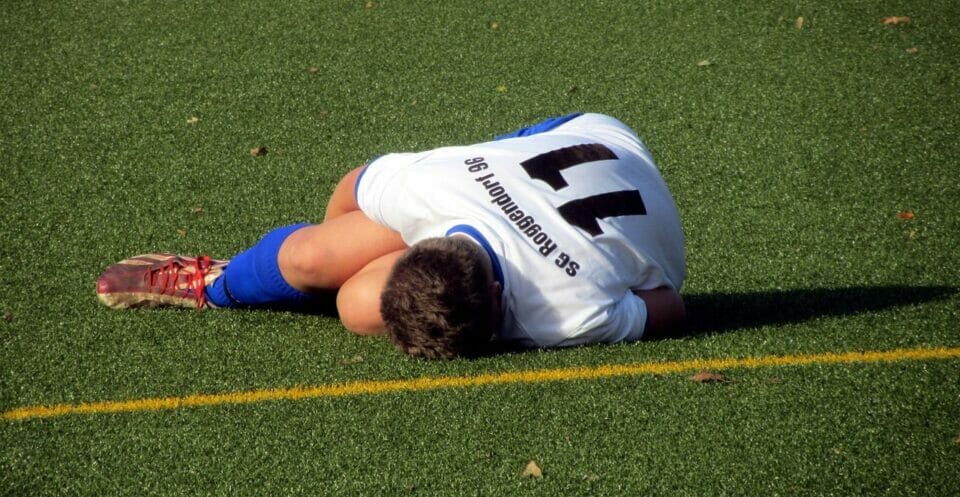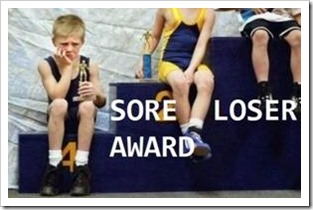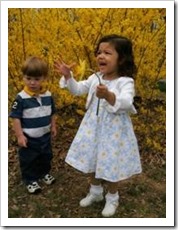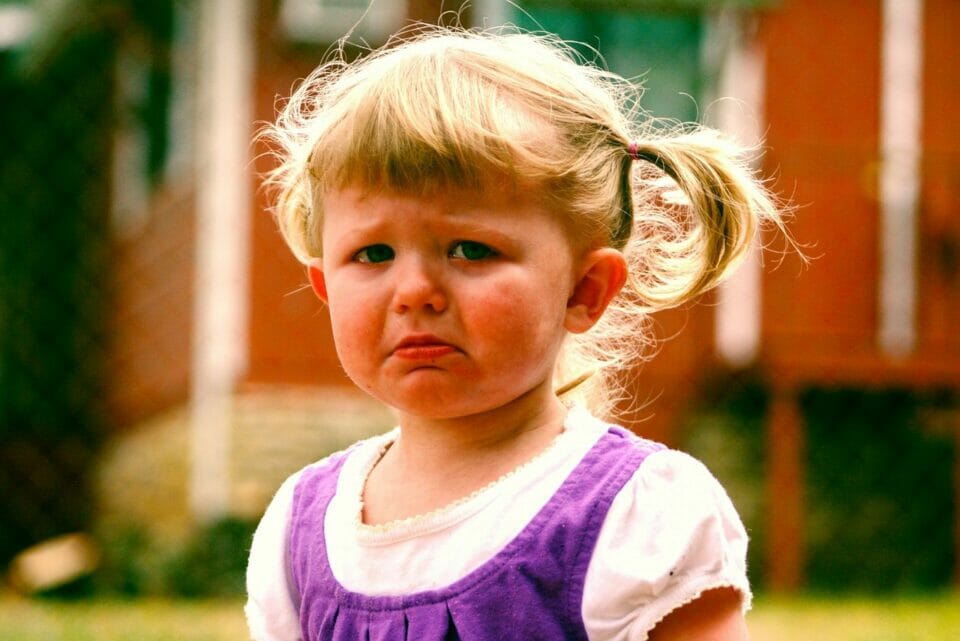
It’s no wonder most of us are such sore losers. Winning is easy and losing is not. Let’s face it, regardless their age, no one likes to lose. Even the word “losing” sounds devastating.
Unfortunately, parents who are sore losers tend to raise kids who are sore losers. So, what can we do to make sure losing isn’t so devastating? What’s the best approach to parenting sore losers?
When I had my early childhood center, we stopped using the word “losing”. We replaced it with words like learning, opportunities, testing, growing and evolving. It doesn’t sound like much but it worked well for the kids. It takes away a lot of the heartache and pain.
When we lose, we feel so terrible because we face feelings that we don’t have tools to manage. Some feelings are: disappointment, inability, failure, missing out, inferiority, lack, disempowerment, helplessness, and fear.
Kids who are sore loser (and grownups too for that matter), have a set of beliefs that make them lose twice. First, they lose the game, the achievements, their friends. But worst of all, they lose an opportunity to strengthen their self image.
We all feel pain when we lose. The difference is in the intensity of the pain. If it’s such a huge pain, it de-motivates us. We’re sore losers because we wallow in our loss. If we are able to move forward easily, we aren’t so “sore” and only a little bit disappointed.
It’s easy to measure the intensity of our losing pain by the beliefs we have about competition, winning, losing, pleasing parents or any other status related topic.
Beliefs of sore losers
Here’s a list of beliefs kids have that make their losing sore:

- I can’t – This belief develops if a child doesn’t get enough support and encouragement. For example, if one child is capable of something and gets attention for it while another one can’t do something but gets punished or ignored.
- It’s important what others think about me – This belief will be developed if important adults in a child’s life focus too much on their social status. If they have the “disease to please”.
- I hate competitions – This belief occurs when a child has too much competition in which they are regularly unsuccessful.
- In every competition there’s only one winner – A competitive household encourages this belief in children.
- I must achieve 100% – Children will believe this if their parents are perfectionists and they experience pain every time they don’t get 100%.
- It’s a matter of luck – Parents who believe life is to blame for their problems will raise children who blame luck for their failures.
- If I don’t succeed, I am exposed – Children who, for some reason, need to hide their abilities (or disabilities) may develop a belief like this.

- It’s too hard – This belief can be developed in a house where parents are competitive, perfectionist, judgmental or critical.
- I don’t want to be successful because I gain something from being a sore loser – This belief is very subconscious. Children whose parents give extra attention to “victims” and the infirm will develop such a belief.
How to teach your kids to handle failure
Here are some tips to help kids change their “sore loser” mentality and replace it with encouragement and courage:
- Focus on the process, not the end result.
- Make a big thing out of small achievements.
- Let the child express their disappointment. Say things like, “Yes, it is disappointing. It’s happened to me too”. Give the child legitimization to feel like disappointed.
- Teach them that there are no losers. There are only those who don’t learn from whatever’s happened to them.
- Encourage them to do team sport. That way, the whole group shares both winning and losing.
- In every match/game/sports activity, make sure they thank their opponents for the opportunity to play, regardless of whether they won or lost.
- If they lose at something, make sure they understand that it doesn’t mean they aren’t successful. Being successful is an identity, but losing is simply an act. Separate the act from their identity. It wasn’t a successful game, but they are still successful a player.

- Teach humor to overcome losing.
- Share the experience of losing with your kids. It will help them consider it a natural thing.
- Vote on things in your house so your kids can see that you don’t always get what you want.
- If they are too hard on themselves, say things like, “It happens. You will be fine. You can do better next time”.
Adopting even just some of the ideas here will help your child overcome the pain of losing. Try them and share your experiences with us in the comments below.
Happy parenting,
Ronit














